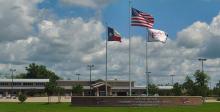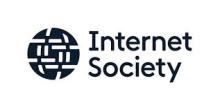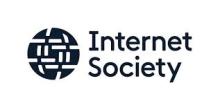The Birth of the Texas State Broadband Development Office - Episode 515 of the Community Broadband Bits Podcast

This week on the podcast, Christopher is joined by Greg Conte, Director of the Texas Broadband Development Office, and ILSR Outreach Team Lead DeAnne Cuellar. The state of Texas finds itself in a common position these days: last year it created a small office that, today, is suddenly faced with dispersing more than a billion dollars in new infrastructure funding through the Broadband Equity, Access, and Deployment (BEAD) program.
Greg talks about the challenges of staffing up and addressing the lack of data about where broadband is and isn't as a starting point for future work. He shares the process of developing a minimum viable product for mapping as well as the additional goal of integrating digital equity goals and socioeconomic data into a mapping effort.
Christopher, Greg, and DeAnne then dig into the implications of the new BEAD rules recently clarified by the NTIA, and how to square a mandate not to disciminate against community solutions with a Texas state law which places barriers in front of municipalities. He shares how HB5, passed by the Texas legislature last year, lets nonprofit and for-profit entities apply for funding, but privileges for-profit entities what applications are submitted for the same. The group talks about the balancing act of operating an unequal grant-making marketplace with a charge to efficiently and effectively address the digital divide with historic federal broadband funding.
This show is 31 minutes long and can be played on this page or via Apple Podcasts or the tool of your choice using this feed.
Transcript below.
We want your feedback and suggestions for the show-please e-mail us or leave a comment below.
Listen to other episodes here or view all episodes in our index. See other podcasts from the Institute for Local Self-Reliance here.
Thanks to Arne Huseby for the music. The song is Warm Duck Shuffle and is licensed under a Creative Commons Attribution (3.0) license.









